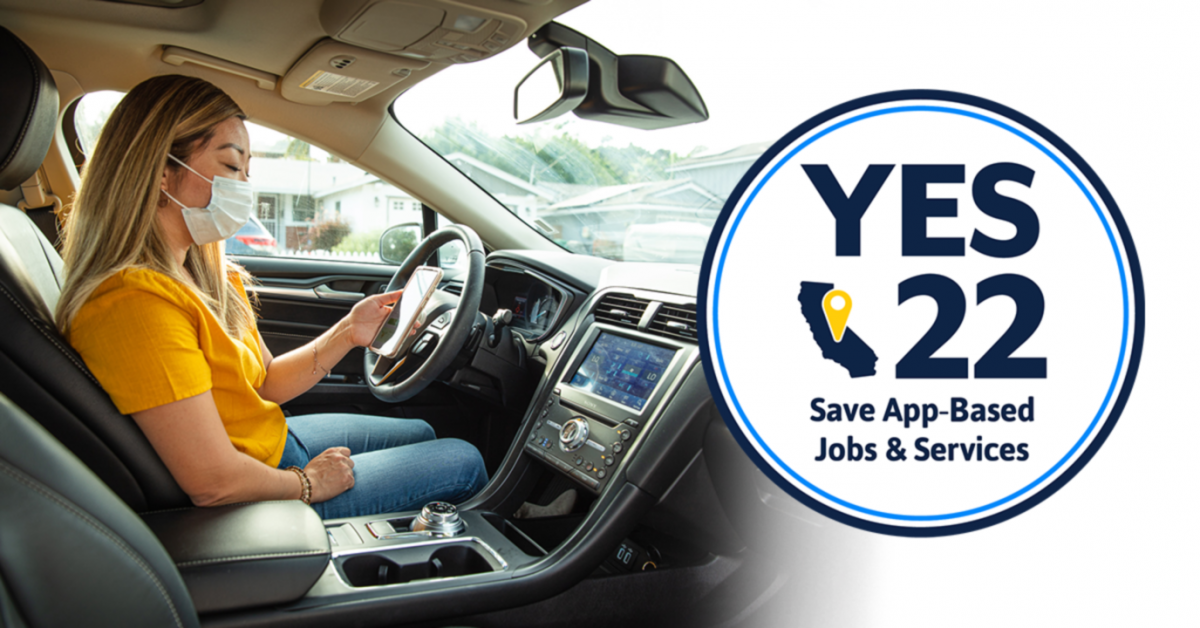A union is asking California’s highest court to declare a November referendum unconstitutional. As a result of the referendum, companies like Uber, Lyft and DoorDash do not have to classify their chauffeurs as employees and can continue to treat them as self-employed – just as around 80 percent of chauffeurs wish. At the same time, the popular vote known as “Proposition 22” provides for minimum wages and social benefits.
From the point of view of the union, the law passed by referendum is unconstitutional on three levels: First, the new law encroaches on the legislature’s unlimited right to determine an accident insurance system for employees. Second, a provision of the new law interferes with the right of the judiciary to decide whether or not norms passed after the vote are an amendment to the referendum.
–
–
–
The legislature can only change the referendum by a seven-eighth majority. This is a common clause in California referendums. Some laws passed by referendum can only be changed there by a new referendum. Sometimes courts have to decide whether or not a new law changes a referendum result. Thirdly, the text of the referendum violates the restriction that a referendum can only deal with a single topic.
Role model for the whole country
The advertising campaign for and against Proposition 22 was by far the most expensive campaign in history for a referendum in a US state. Over $ 216 million has been spent, with supporters raising around seventeen times as much money as opponents. The most important donors were, unsurprisingly, Uber, Lyft, DoorDash, Instacar and Postmates. The no campaign was mainly funded by trade unions.
The decision of the Californian people not only saves the business model of the companies and their chauffeurs, but also sends out signals to other US states. Politically, the referendum could even pave the way for a federal law that protects at least parts of the “gig economy” from restrictions imposed by individual US states or municipalities.
“The voters in California had the choice between the far too far gone unions and the far too far gone Uber, whose proposal was a bit better than the status quo,” said traffic advisor Pete Gould in an interview with heise online after the US election . The referendum will have an impact far beyond California: “Uber and Lyft want to roll out (their new set of rules) nationwide.” This is exactly what the union is trying to prevent.
The motion brought to the Supreme Court of California is called Hector Castellanos, Joseph Delgado, Saori Okawa, Michael Robinson, Service Employees International Union v. State Of California and Lilia García-Brower. The court accepts less than five percent of such requests for trial.
(ds)
– .


